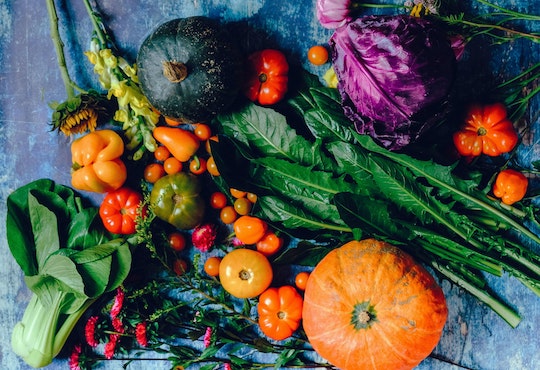Food Waste Monitoring is proven to reduce food waste by up to 25% in the first 4 weeks! This was one of the exciting messages provided by two international experts that addressed the World Regions of Gastronomy Platform in a webinar, held on 15 July 2020. The meeting also looked at how training and awareness raising is key to providing significant impacts. Benjamin Lephilibert from LightBlue Environmental Consulting (based in Thailand) and Toine Timmermans from Wageningen University and Research (based in the Netherlands) agreed that the main challenge is to reduce food waste in the first place but that, when food waste occurs the next step is to convert and reuse food for other purposes.
Benjamin Lephilibert shared an insight into the PLEDGE on Food Waste that is a third party verified certification and benchmarking system helping restaurants to not only reduce food waste but also, cut on cost, boost image and foster collaboration with complementary food waste solution providers. His presentation highlighted the very important aim of changing behaviour in larger restaurant and hotel chains and demonstrated how we are misled in thinking the breakfast buffet is the main cause of food waste.
Toine Timmermans then rallied the participating European Regions of Gastronomy coordinators by announcing that the EU alone produces 88 million tons of waste each year. He shared an insight into the Food Waste Factory based in North Brabant (awarded European Region of Gastronomy in 2018) that works with food waste (principally from fresh food processors) and converts this into more than 20-30,000 litres of healthy soups and snacks per week for resale at reduced cost to hospitals, catering, retail and schools etc.. This award-winning initiative is now at the centre of a national agreement Food Waste Free United to half food waste in the Netherlands in the next 9.5 years.
In addition to monitoring as a prerequisite for making progress in food waste reduction, regions were advised to think about training and public awareness raising. The key message that came forward was that Food Waste Reduction should be a positive message/campaign. Both experts also highlighted the role of young people in being influencers and ambassadors to convey positive messages about food waste reduction and this in particular resonated very much with the aims of the regional and international Young Chef Award competitions promoted by IGCAT.
Asked about whether plastic waste was perhaps more important in the quest to avert climate change, participants were surprised to learn that food waste contributes 95% while plastic waste only 5% to environmental damage. This alone proves that this is an important area that the World Regions of Gastronomy Platform need to take on board if they are to fulfil their mission of becoming sustainable food regions.
The webinar is available to all stakeholders in candidate and awarded Regions of Gastronomy and both experts kindly offered to work with and support any interested regions that want to learn more about what we can do to reduce food waste.
About the Region of Gastronomy
Candidate and awarded Regions of Gastronomy, guided by IGCAT, are working together to raise awareness about the importance of their cultural and food uniqueness; stimulate creativity and gastronomic innovation; educate for better nutrition; improve sustainable tourism standards; highlight distinctive food cultures; and strengthen community well-being.
About IGCAT
IGCAT aims to empower local communities by raising awareness of the importance to safeguard and promote distinct food, culture, arts and sustainable tourism assets. This is essential to balance against globalised food trends that are impacting on our planet, health and local economies.
IGCAT is a non-profit institute established in 2012, working with regional stakeholder consortiums in the fields of gastronomy, culture, arts and tourism. It counts on the expertise of a worldwide network of experts and works in partnership with specialised intergovernmental organisations.
IGCAT provides the Region of Gastronomy Award and is the official secretariat for the World Regions of Gastronomy Platform. Furthermore, the Institute has developed the Young Chef Award, the Local Food Gift Challenge, the Top Visitor Experience and the Food Film Menu.
Photo credit: Ella Olsson from Pexels
16 julio 2020
